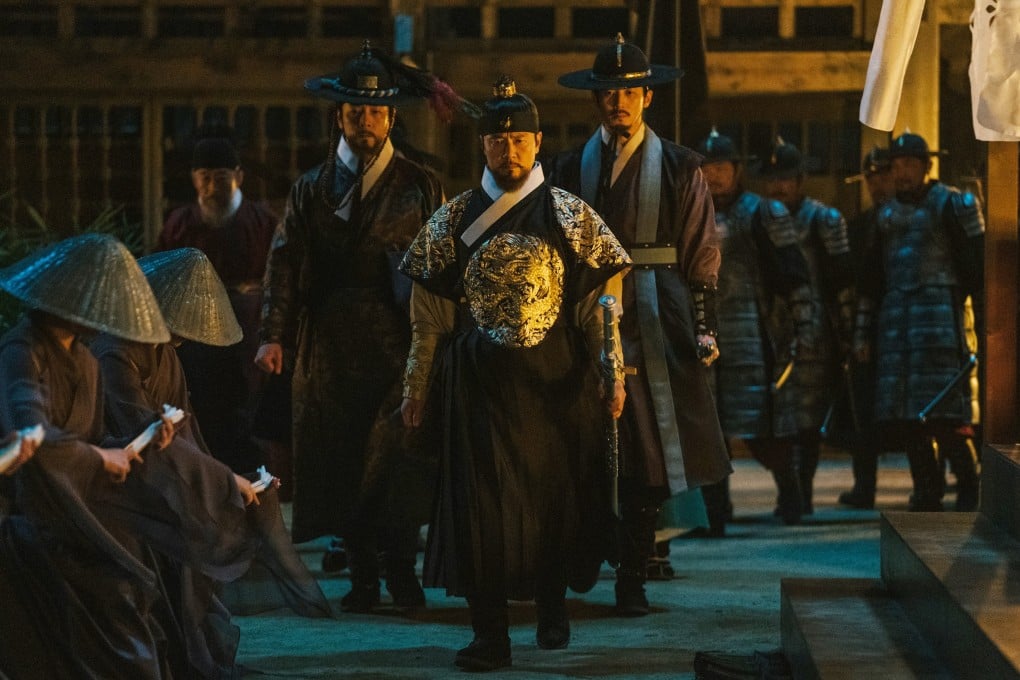Advertisement
No Chinese props, please: period K-drama Joseon Exorcist loses sponsors, goes on one-week break amid claims of historical distortion
- A scene where characters are served food that includes items of Chinese cuisine, including mooncakes, century eggs and dumplings, fired up critics online
- A dispute between Chinese and Korean internet users regarding the origins of Korean cultural cornerstones has raged in the past few months
Reading Time:3 minutes
Why you can trust SCMP
1

In fast-paced K-dramas, anything can happen – and the same is sometimes true for the productions themselves, beyond the stories they present on screen.
For the second time this month, following allegations of bullying at school that prompted a major midseason casting change on River Where the Moon Rises, another drama series is mired in controversy and has been forced to take drastic measures in the face of a swelling chorus of outrage.
The period horror-drama Joseon Exorcist debuted on Korean channel SBS on March 22, and within hours it was receiving flak online for distorting history and featuring Chinese props and design elements in a historical Korean setting.
Advertisement
To its critics this was all the more galling given that a contentious dispute between Chinese and Korean internet users regarding the origins of Korean cultural cornerstones has raged over the past few months.

Within two days of it airing, the show had lost most of its major sponsors, including LG Lifestyle and Health, KT Telecom and Samsung, and it was announced that reruns would be pulled and modified to address the concerns. The show has now disappeared from screens for a week to rework certain elements.
Advertisement
Advertisement
Select Voice
Choose your listening speed
Get through articles 2x faster
1.25x
250 WPM
Slow
Average
Fast
1.25x